Publications
Articles, publications, books, tools and multimedia features from the U.S. Institute of Peace provide the latest news, analysis, research findings, practitioner guides and reports, all related to the conflict zones and issues that are at the center of the Institute’s work to prevent and reduce violent conflict.
Question And Answer
Why Counterterrorism in Afghanistan and Pakistan Still Matters
Question And Answer
What Does the Xi-Ma Meeting Mean for Cross-Strait Relations?
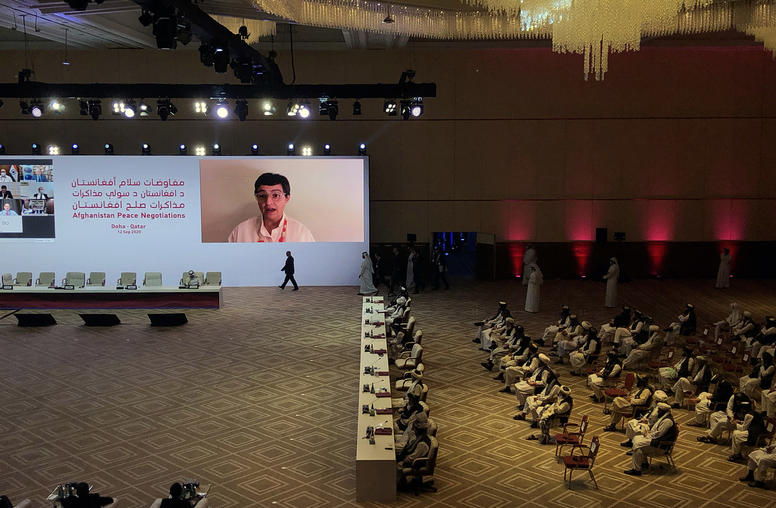
Gridlocked Afghan Peace Talks Overcome Another Hurdle
Afghan peace negotiations began in mid-September, bringing together the Afghan government and Taliban for the first time to negotiate an end to four decades of war. But, since then, the talks have been mired in squabbles over basic procedures. Last week the sides made a breakthrough and agreed on the rules that will govern future talks, opening the door to the more substantive issue of the agenda for talks—including how and when to talk about a reduction in violence and future political arrangements. Senior U.S. officials praised the agreement and urged the parties to move quickly to a discussion about ways to reduce record-high violence levels.
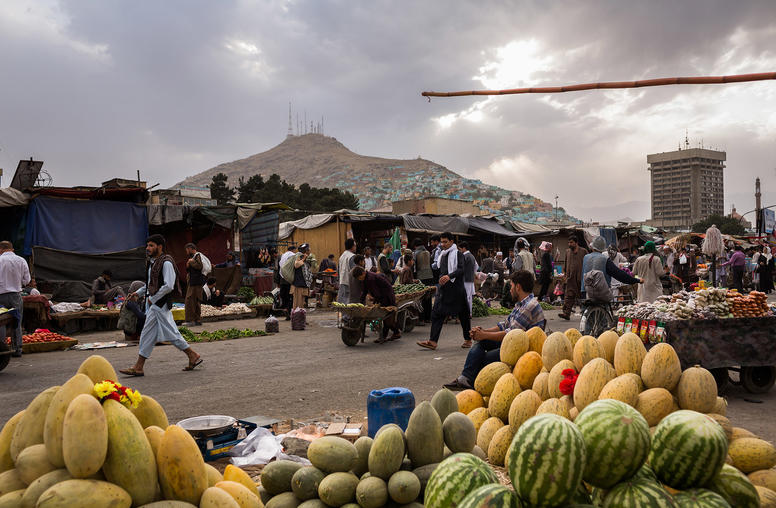
Afghanistan Aid Conference Yields Mixed Results
The quadrennial international donor conference for Afghanistan, held virtually late last month from Geneva, was largely shaped by the pitfalls and roadblocks forecast months ago when the event was publicly announced. Delays in the peace process, worsening violence, and unveiling of plans for further U.S. troop reductions left the meeting’s potential unmet. Yet amid the unsatisfying results, some hopeful rays broke through. In particular, the size and duration of aid pledges provided at least something to build on.
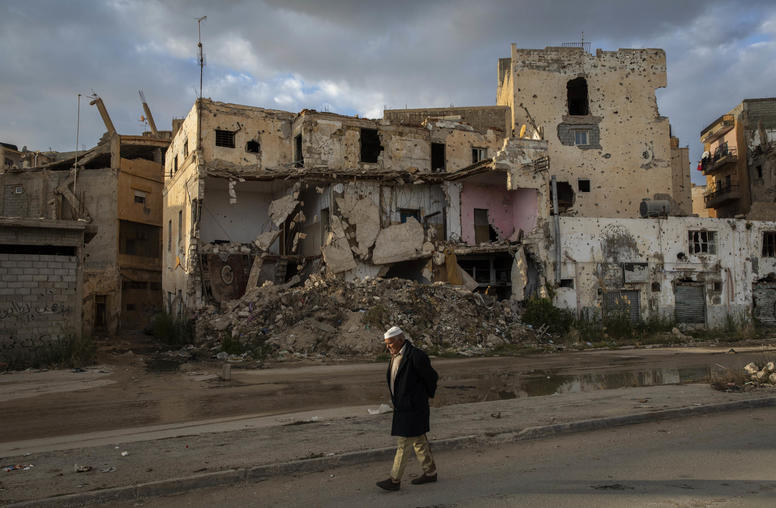
Libya: Peace Talks Advance, But Will Need Local Support
Libyans have taken an uncertain step toward ending nearly a decade of civil war, agreeing in U.N.-mediated talks to hold national elections in December 2021. The discussions, in the neighboring capital, Tunis, fell short of yielding a transitional government to oversee the elections and the establishment of a new constitution. The talks are shortly to resume. From Tunis, USIP’s Nate Wilson notes that the step is positive for a country that began 2020 with a surge in warfare and the involvement of foreign forces. Making this peace effort effective will require restraining that foreign involvement, he says, and will need to ground the talks in grassroots support.
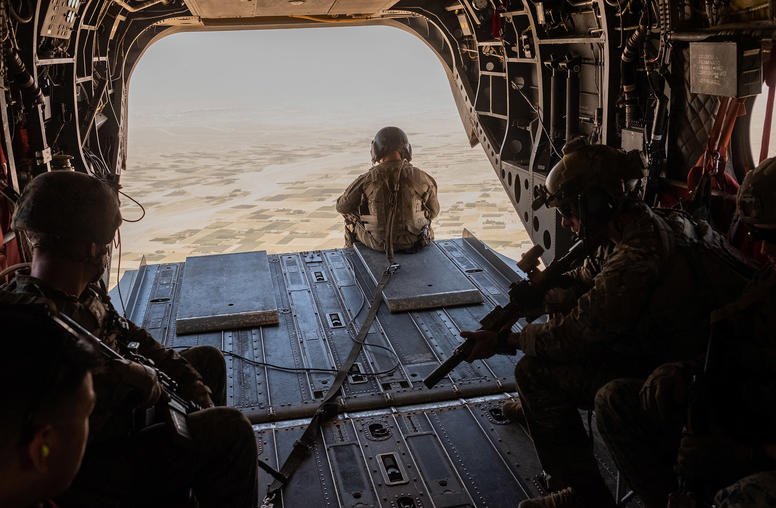
Afghanistan Withdrawal Should Be Based on Conditions, Not Timelines
The Taliban’s tactic of running out the clock on the U.S. troop presence may bear fruit after the announcement on Tuesday that U.S. forces will reduce to 2,500 by January 15. The Trump administration successfully created leverage by engaging directly with the Taliban to meet their paramount goal of a U.S. withdrawal in exchange for genuine peace talks and counterterrorism guarantees. This strategy brought about unprecedented negotiations between Afghan government representatives and the Taliban in Doha. A walk down a conditions-based path to peace, long and winding as it may be, had begun.
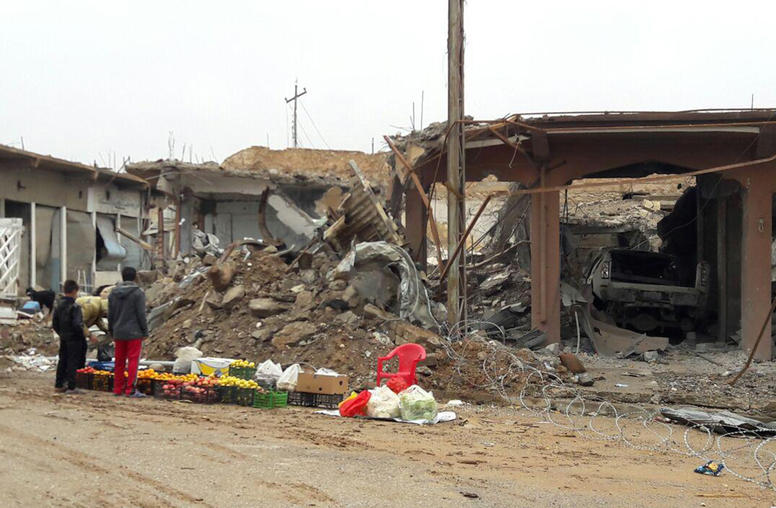
Amid Iraq’s Turmoil, Tal Afar Builds Peace
In a year of Iraqi turmoil, including protests that ousted a government and rivalry between Iran and Turkey, Iraqi tribal and community leaders are strengthening a new peace agreement in a locale that has seen some of the worst brutality of recent years—the northern city of Tal Afar. Civic, tribal and government leaders recently agreed to a pact that can open a path for more than 60,000 displaced residents to return home and rebuild following the war with ISIS. The accord also will help curb ISIS’ effort to revive. And in a startling change, it was negotiated in part by women.

Ann Phillips on Azerbaijan-Armenia Conflict
As fighting over Nagorno-Karabakh continues to escalate, USIP’s Ann Phillips breaks down the complex geopolitical stakes that have sprung up around the conflict, which “has been simmering, and ebbing and flowing, ever since the implosion of the Soviet Union.”

Susan Stigant on Sudan’s Latest Peace Agreement
Sudan’s transitional government has signed a peace agreement to end a number of long-standing conflicts and civil wars. USIP’s Susan Stigant says this is a positive sign for democratic progress, as “one of the promises of the revolution was to seek peace,” but cautioned that the real “work only begins once the ink is on the paper.”
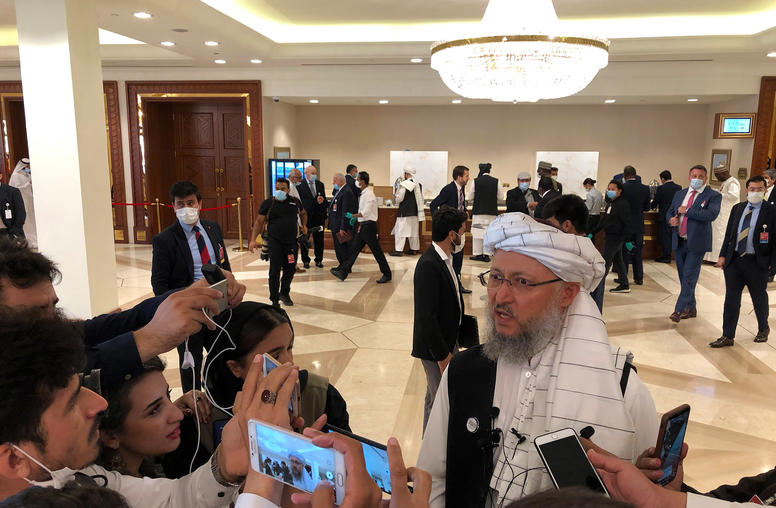
Whither Islam in Afghanistan’s Political System After the Taliban Talks?
The question of how and where Islam should fit into future legal and political frameworks has emerged as a major sticking point in the talks between the Taliban and the Afghan government in Qatar. How this question is resolved will be closely watched by Afghans, who want to ensure their hard-won rights are not sacrificed for the sake of a deal with the Taliban—Afghan women in particular have much at stake. The international community will similarly scrutinize the outcome, and their engagement with Afghanistan after the talks is expected to be conditioned on the contours of any political settlement.
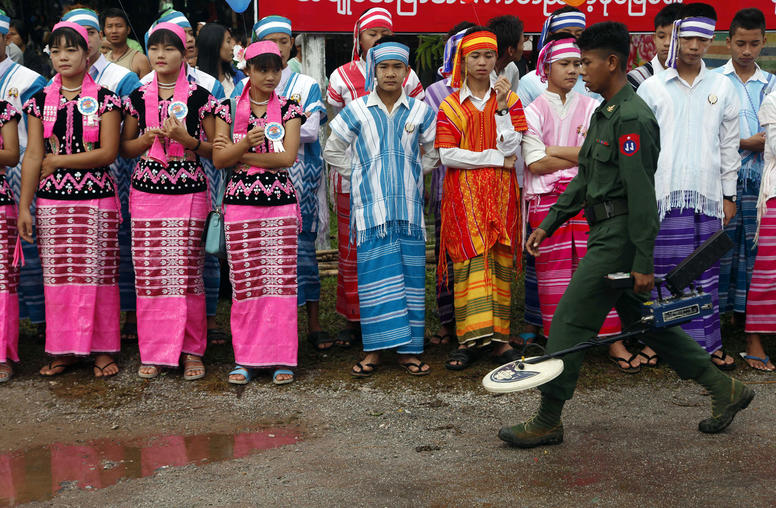
Why Burma’s Peace Efforts Have Failed to End Its Internal Wars
After seven decades of civil war and five failed peace efforts, Burma is no closer than before to reaching an agreement that would bring an end to its many conflicts. Analysis of those previous attempts shows that they all foundered on immutable attitudes on both sides. This report suggests that the peace process needs a fresh start, learning from the past and seeking to resolve underlying political disparities while prioritizing community interests and sustainable development.
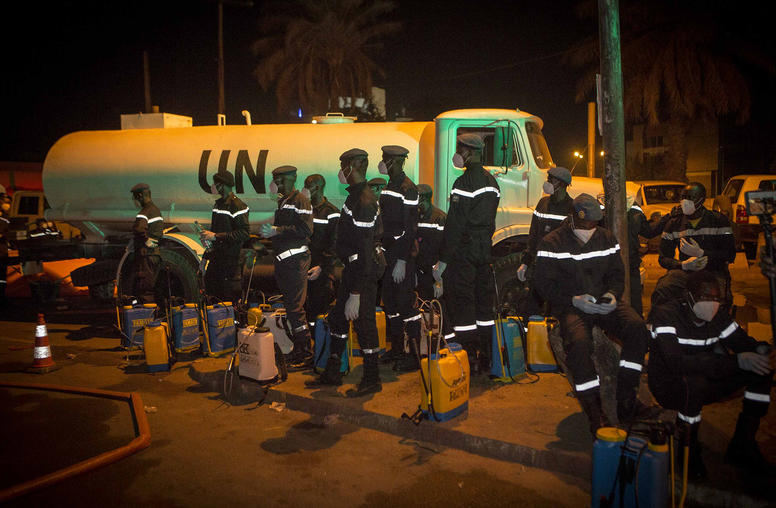
Four Lessons for Cease-fires in the Age of COVID
During his opening remarks at the 75th U.N. General Assembly, Secretary-General António Guterres renewed his appeal for a global humanitarian cease-fire, urging the international community to achieve one in the next 100 days. But in the roughly 180 days since his initial appeal, most conflict parties have not heeded the secretary-general’s plea. What can peacebuilders do to advance the secretary-general’s call? Four key lessons have emerged over the last six months on how cease-fires can be achieved—or stalled—by COVID-19.